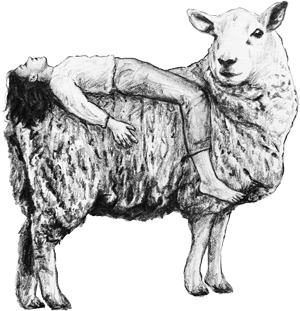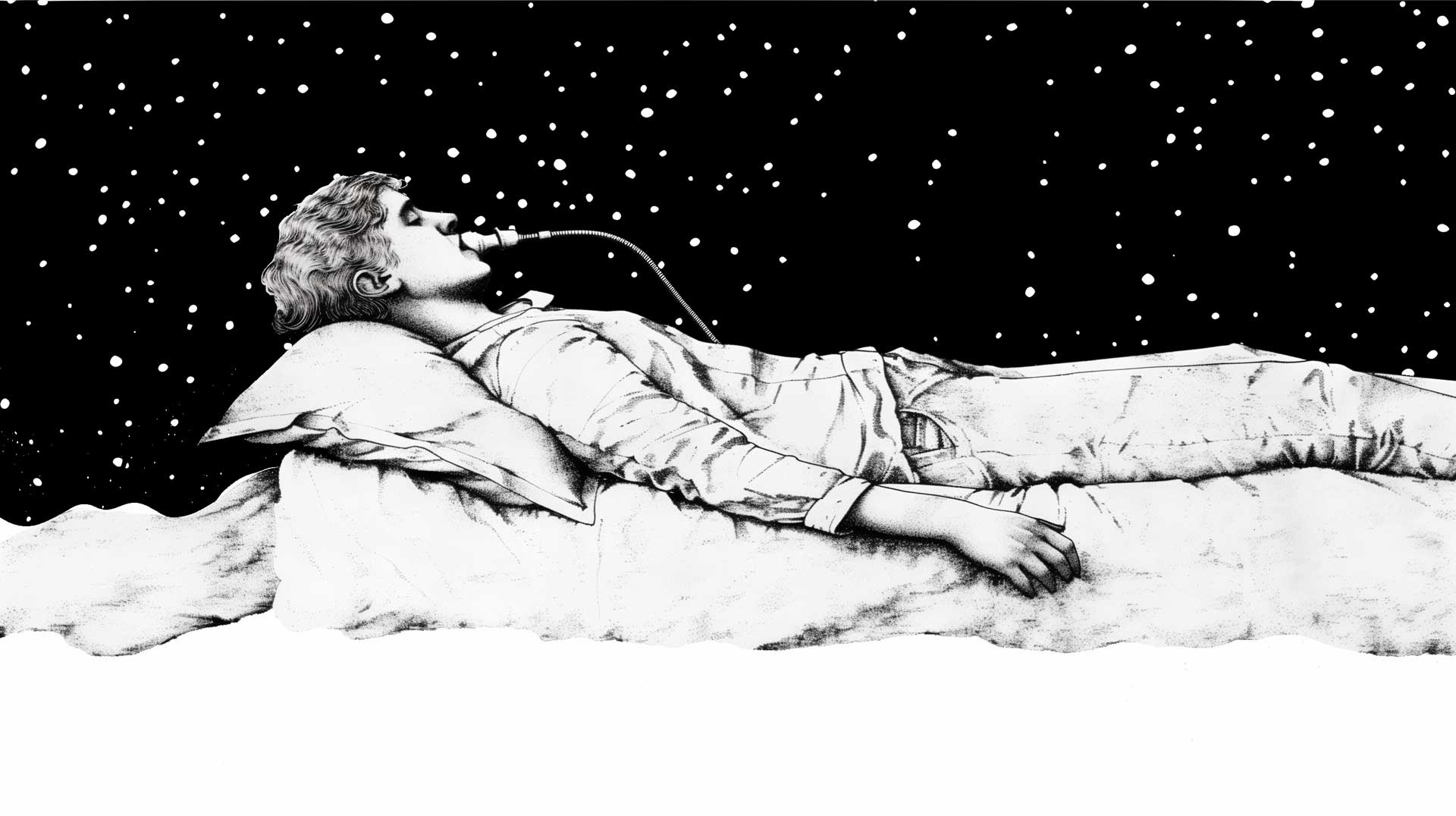Okay, I’m confessing. I did it.
The worst part? I did it even though I know it’s bad…but I’m sure you can relate.
What do I mean? Exactly—you guessed it. I cut down on my sleep the past few days, getting only 5-ish hours a day. Since I also hit the gym during this time, I started to wonder: how much sleep do I need for muscle growth?
Everyone says sleep matters, probably even a lot, but I didn’t know exactly how much. So, here I am, sitting with my 5 hours of sleep, researching and writing. Let’s dive into the science and find out how important sleep really is for muscle growth.
In this Article we will cover:
How Does Sleep
Affect Muscle Growth?
To understand how much sleep do I need for muscle growth, let’s start with the basics. Muscle growth occurs when your body repairs small tears in muscle fibers caused by intense exercise. This process relies on three critical factors:
- Strength Training or Physical Stress
- Adequate Nutrition
- Rest and Recovery
Of these three, sleep directly influences two: strength and recovery. Here’s how:

Decreased Strength and Physical Performance
- Reduced Strength and Endurance: Sleep deprivation impairs your strength, reaction times, and endurance. Studies show sleep-deprived individuals can’t push their muscles to the same limits as well-rested ones, resulting in weaker training stimuli.
- Poor Coordination and Injury Risk: Lack of sleep can also hurt coordination, increasing the risk of injury. While this may seem indirect, an injury can set back your progress significantly.
Decreased Hormone Production
Muscle repair depends on hormones like Human Growth Hormone (HGH) and testosterone. Sleep is when these hormones are most actively released.
- HGH Release: Most HGH is released during deep sleep, particularly in the first half of the night. Less sleep = less HGH = slower muscle repair and growth.
- Testosterone Levels: Restricted sleep can lower testosterone levels by up to 15% in just one week. This directly affects muscle-building capabilities.

- HGH Release: Most HGH is released during deep sleep, particularly in the first half of the night. Less sleep = less HGH = slower muscle repair and growth.
- Testosterone Levels: Restricted sleep can lower testosterone levels by up to 15% in just one week. This directly affects muscle-building capabilities.
Interruption of Protein Synthesis
Protein synthesis, which repairs and builds muscle, is most active during sleep.
- Delayed Muscle Repair: Without enough sleep, protein synthesis slows down, leaving muscles less prepared for your next workout.
Increased Stress Hormones and Inflammation
- Elevated Cortisol: Sleep deprivation raises cortisol, the stress hormone, which breaks down muscle tissue over time. Chronic high cortisol can undo the hard work you’ve put into gaining muscle.
- Increased Inflammation: Poor sleep leads to chronic inflammation, slowing recovery and causing soreness to linger.

- Elevated Cortisol: Sleep deprivation raises cortisol, the stress hormone, which breaks down muscle tissue over time. Chronic high cortisol can undo the hard work you’ve put into gaining muscle.
- Increased Inflammation: Poor sleep leads to chronic inflammation, slowing recovery and causing soreness to linger.
Optimal Amount of Sleep for Muscle Growth
What the Research Says:
A 2010 study compared two groups:
- Group A: 5.5 hours of sleep
- Group B: 8.5 hours of sleep
Results: - Group A lost more muscle mass (2.4 kg vs. 1.5 kg) and less fat than Group B, showing that less sleep significantly hinders muscle retention during a caloric deficit.
A 2017 study on 10,000 students found:
- Individuals sleeping less than 6 hours had reduced muscle strength compared to those sleeping 7-8 hours. Interestingly, there was no significant difference between 7-8 hours and more than 8 hours.
General Recommendations:
- For Adults: Aim for 7-9 hours of sleep per night.
- For Athletes and Bodybuilders: Many experts suggest 8-10 hours, especially during periods of intense training or recovery.
Summarized: How Much Sleep Do I Need for Muscle Growth?
Sleep deprivation (less than 7 hours) has multiple negative effects if you’re trying to build muscle, lose fat, or perform well in the gym.
- Decreased Strength and Endurance: Your muscles perform worse during workouts.
- Lower Hormone Production: Reduced HGH and testosterone slow down muscle growth.
- Delayed Recovery: Protein synthesis is less effective without sleep.
- High Cortisol: Chronic stress can break down muscle tissue.

- Decreased Strength and Endurance: Your muscles perform worse during workouts.
- Lower Hormone Production: Reduced HGH and testosterone slow down muscle growth.
- Delayed Recovery: Protein synthesis is less effective without sleep.
- High Cortisol: Chronic stress can break down muscle tissue.
While there’s no “one-size-fits-all” answer, the general guideline is clear: at least 7 hours of sleep per night for optimal muscle growth. For athletes, aiming closer to 8-10 hours can provide additional benefits.
FAQs
Can you build muscle with 6 hours of sleep?
Yes, but it’s not optimal. Studies show muscle growth and recovery are maximized with 7-9 hours of sleep.
In what sleep stage do you build muscle?
Muscle repair and growth primarily occur during deep sleep stages (slow-wave sleep), when HGH is released.
Does sleep speed up muscle growth?
Absolutely. Sleep enhances recovery, hormone production, and muscle repair, all of which are crucial for building muscle efficiently.
Conclusion
So, how much sleep do I need for muscle growth? The answer is clear: enough to support recovery, strength, and performance. For most people, this means at least 7-9 hours per night. Athletes and bodybuilders may benefit from even more.
Remember, sleep isn’t just rest—it’s an essential part of your fitness journey. Prioritize your sleep to maximize your gains and make the most of your time in the gym!
